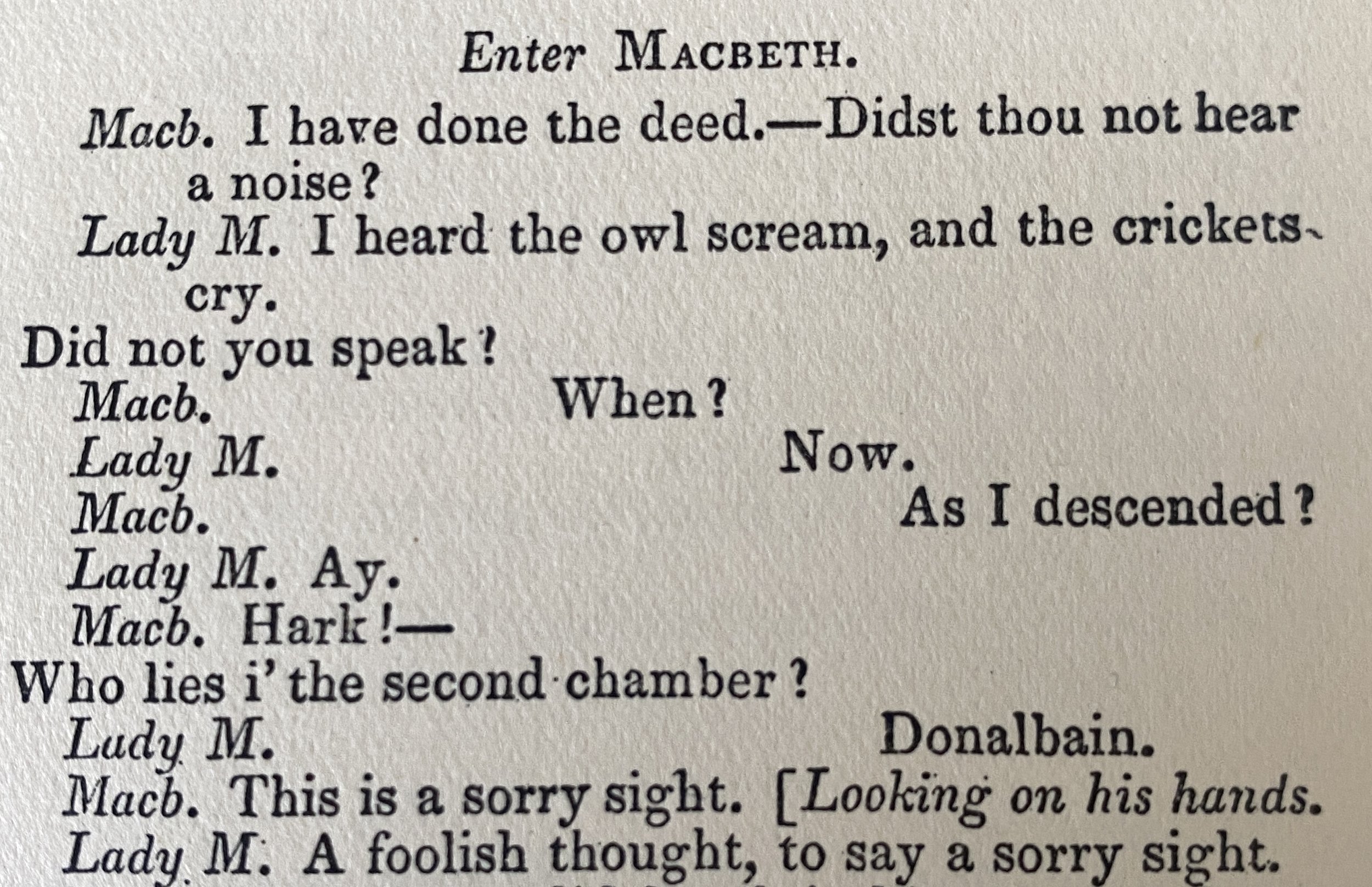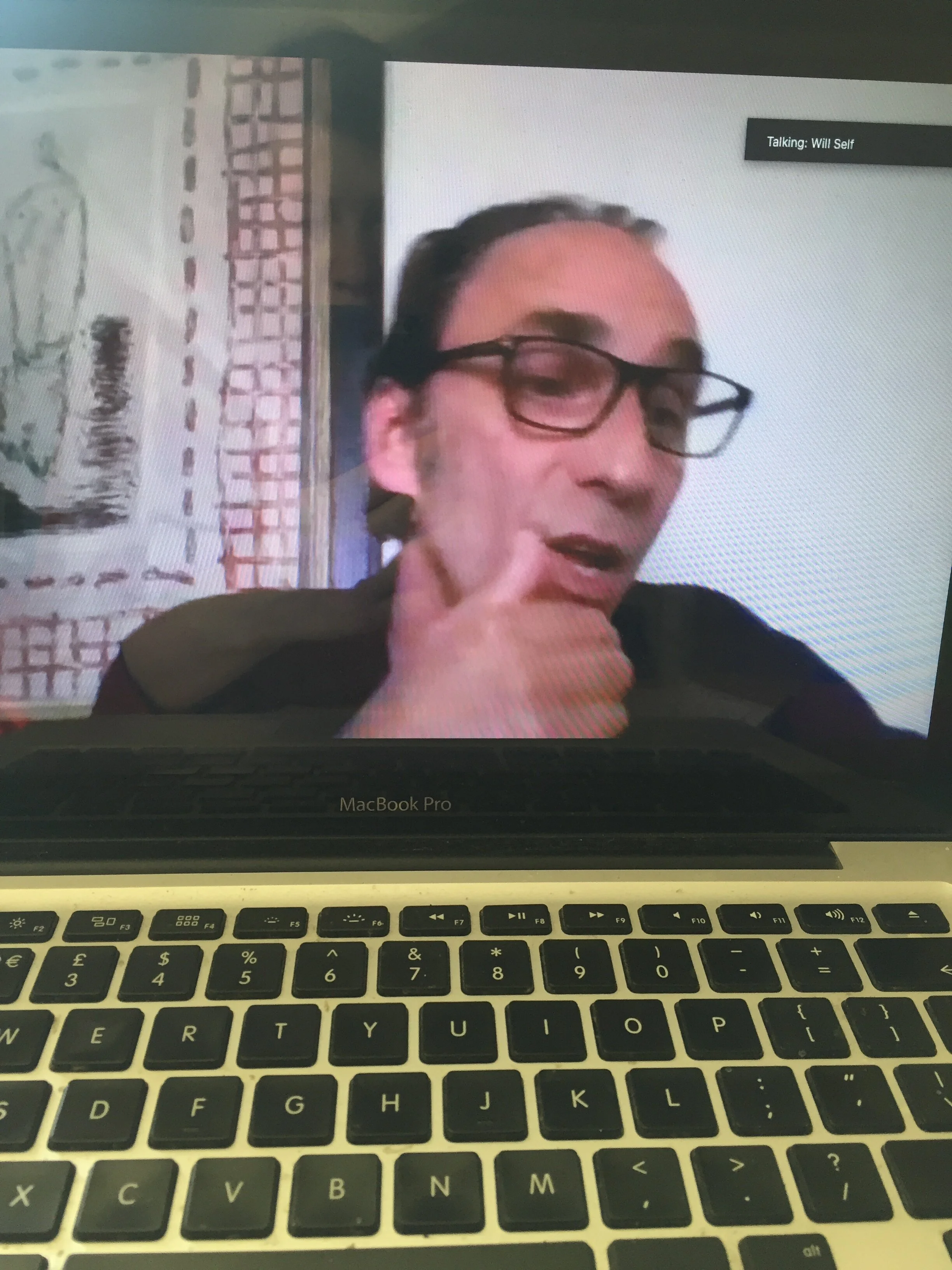Things I Learnt from Marking A-Level English Literature Essays Last Year
The psychoanalytic term cathexis, to mean emotional investment (or the investment of some other kind of energy, e.g. mental) in a person, object, or idea.
The 18th Century philosopher Jeremy Bentham, the originator of the Theory of Utilitarianism, who proposed that, “We should act always so as to produce the greatest good for the greatest number.”
The term epizeuxis: a literary technique in which a word or phrase is repeated, with no intervening words, such as Hamlet’s “Words, words, words.”
Thomas Hobbes’ concept of the Social Contract.
The (supposed) murderer, George Forster: after his execution, his body was given to the scientist Giovanni Aldini so he could use it to conduct Galvanic experiments (e.g. by “animating” muscles by applying electric currents to them).
The 19th Century Wesleyan Methodist leader Jabez Bunting, and Jabez Burns, a nonconformist writer who was named after him.
The abolitionist views of Erasmus Darwin, a physician, and the grandfather of Charles Darwin.
Exegisis, as opposed to eisegesis: an objective and analytical approach to interpreting the Bible, rather than a subjective approach.
Antinomianism: as a religious term, it refers to a controversial doctrine whereby Christians are not bound by moral or social laws.
The rhetorical feature, Topos of Modesty, or Modesty Topos, where a writer or speaker claims humility to gain credibility, soften their entry into serious discussion, or deflect critique, often found in a preface or introduction.
Frederic Myers, founder of the Society for Psychical Research, and his Phantasms of the Living (1886), a two-volume collection of 701 alleged sightings of ‘apparitions’.
The term pseudobiblion to describe a fictional book (i.e. an imaginary work that is referred to, quoted or even fully written within another fictional work).
Felix culpa, or ‘the fortunate fall’ or ‘happy fault’: a way of understanding the Fall (humanity’s transition from innocence to gaining forbidden knowledge) as having positive outcomes for humanity.
Kate Ellis’s essay Monsters in the Garden, a feminist perspective on Frankenstein.
Arthur Schopenhauer’s view that humans are condemned to a life of suffering that they did not choose.
The use of the octopus (often red to denote British expansion) as a motif for colonialism or other grasps for power
The dramatic technique stichomythia, where a line of a play is shared by two characters. (See image below.)
The term inaptronym, when a name is not well-suited to its owner (i.e. the opposite of an aptronym), e.g. Frank Beard, the only member of ZZ Top who didn’t have a beard; Rob Banks, an officer with Avon and Somerset police force.
The lengthy word paranomasia, which simply means a pun.
The Japanese idiom mono no aware, meaning the beauty of things passing, or an appreciation of the transience of things.
The renowned 17th Century Persian poet Saib-e-Tabrizi.
The Marxist concept of false consciousness to describe the ways in which workers in capitalist societies are misled about the reality of their existence by material, ideological and institutional processes.
The rhetorical device litotes: using deliberate ironic understatement for emphasis (e.g. “It’s not the best weather today” during a storm).
John Locke’s political theory regarding human nature, a generally peaceful condition where people exist freely, without a formal government or laws.
Percy Bysshe Shelley’s 1811 essay The Necessity of Atheism.
The Sección Femenina (“Female Section”), the women’s branch of the fascist Falange movement in Franco-era Spain.
An example of stichomythia, from Act 2, scene 2 of Macbeth.







